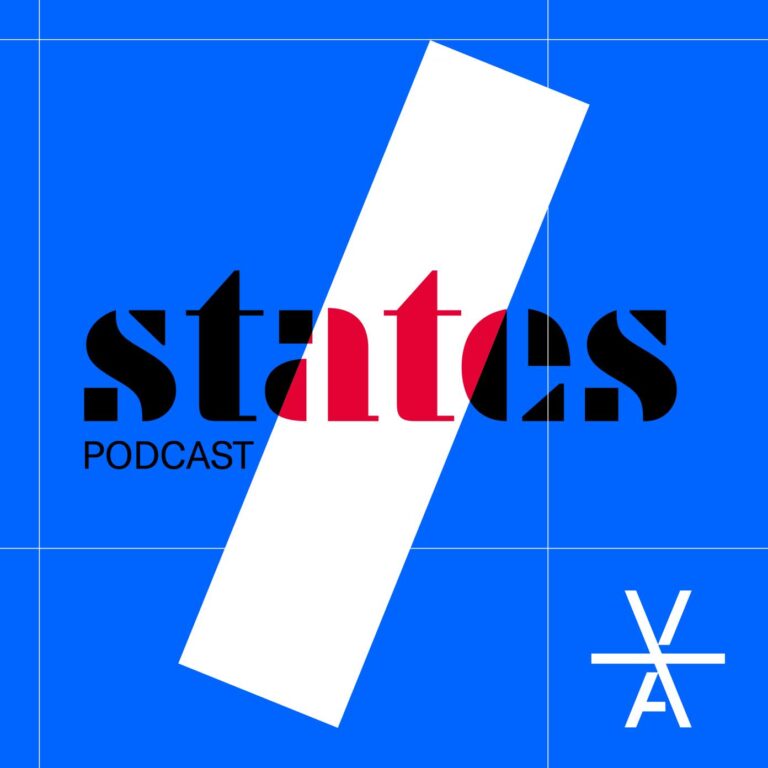
El Hadji Malick Ndiaye
Researcher, Curator
2023
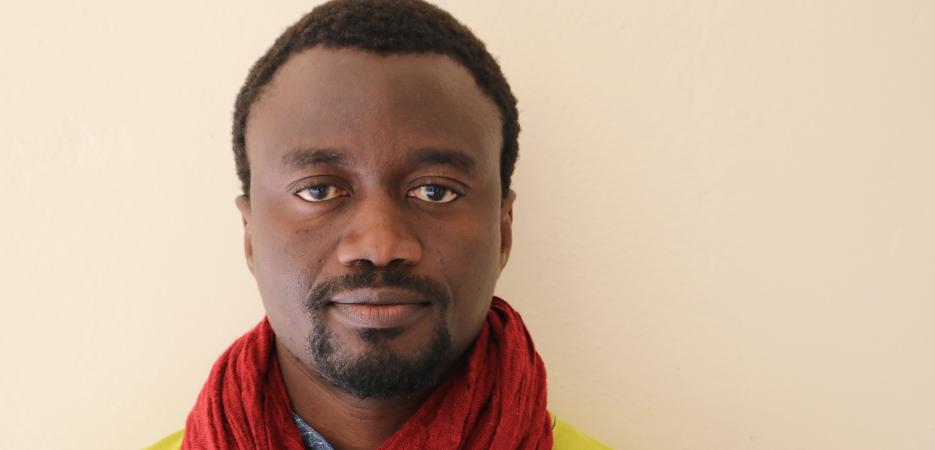
C, OUMOU
- Museums
- Visual Arts
- Atlanta
“We need to understand the ways in which contemporary artists revisit the past, creating counter-narratives to invent a different future. We then need to analyze the ways in which museums work with archives and negotiate history.”
I studied Modern Languages at the Cheikh Anta Diop University in Dakar, and specialized in Aesthetics, with a focus on the semiotics of the image. My project on the work of Senegalese sculptor Ousmane Sow earned me a fellowship at the National Institute of Art History (INHA) in Paris. I subsequently enrolled in the Art History PhD program at the University of Rennes II.
After defending my thesis on “The Stakes of the Postcolonial Critical Debate”, I joined the French National Institute of Cultural Heritage (INP) in Paris, graduating in 2011 with an international diploma in Heritage Studies. Thanks to the link between my thesis on contemporary art and my research at the INP, I naturally became part of the first generation of the Laboratory of Excellence Creation, Arts, and Heritage (Labex CAP) postdoctoral fellows. I then returned to Senegal, where I was recruited by the Fundamental Institute of Black Africa (IFAN) at the Cheikh Anta Diop University in Dakar, which oversees three museums.
In 2016, I was appointed director of the Théodore Monod Museum of African Art, where I began to experiment with exhibition and research projects, most of which interweave contemporary art and historical heritage. The museum, whose history is connected to colonization and to ethnography, has become an experimental space where the renewal of knowledge – on which part of my research is focused – takes various forms (exhibition practices, artist residencies, scientific meetings, etc.). In January 2021, as the new Head of the Museums Department, I began linking those projects together as part of a more ambitious plan to revitalize the three museums under my supervision.
El Hadji Malick Ndiaye holds a PhD in Art History from the University of Rennes II (France). He is also a graduate of the French National Institute of Cultural Heritage (INP) in Paris, a former fellow of the National Institute of Art History (INHA), and a former post-doctoral student at the Laboratory of Excellence Creation, Arts, and Heritage (Labex CAP). He is currently a researcher at the Fundamental Institute of Black Africa (IFAN) and curator of the Théodore Monod Museum of African Art in Dakar, Senegal. He was the art director of the 14th Dakar Biennale of Contemporary Arts (May 19–June 21, 2022), and one of the curators of the Picasso in Dakar, 1972-2022 exhibition that was held at the Museum of Black Civilizations in Dakar (April–June 2022). His writings focus on contemporary art and African museums.
The Transmission project studies the relationship between historical heritage and contemporary creation. For many artists, revisiting the past is an important part of their practice. They explore an event or an artwork, then reinterpret, distort, or deform it, as part of a dialogue with a tradition that they retranslate and incorporate into a future. The alchemy of creativity generates heritage and creates new archives.
The notion of the “art object” is reassessed according to a process that can be defined in terms of recycling, remixing, sampling, etc. This process takes us back to the crux of the making of art history, and is all the more interesting when the museum invites an artist to set up a dialogue with its collections. This leads both artist and museum into the field of ideas, where the goal is to create a counter-narrative, between history and memory. Unsurprisingly, this approach is undergoing a revival in the context of the restitution of African heritage and the renewal of museums all over the world. The place of the object is central to the current museological crisis and the various attempts to introduce long-awaited changes.
Based on the experience of the Théodore Monod Museum, the idea is to explore the intersection between historical heritage and contemporary art – a confrontation that repositions the role of both artist and curator. We therefore need to examine the artists’ various approaches to the collections, the motivations of the museums, and the strategies they have been implementing.
The notion of transmission raises questions about curatorial strategy, the making of history, visitor policy, and new outreach policies. The goal is to combine two different strands: first of all, we need to understand the ways in which contemporary artists revisit the past, creating counter-narratives to invent a different future; we then need to analyze the ways in which museums work with archives and negotiate history. The project will explore the role of the museum as a place where the historical narrative can be reconstructed, because of its relationship with contemporary artists and its ability to connect different temporalities.
It will begin in Atlanta (at the High Museum, among others) and, perhaps, move on to New York (at the MoMA, the MET, the Brooklyn Museum, etc.) and include any museum whose characteristics can shed light on the subject; contact with museum managers will therefore be essential in order to analyze the strategies and motivations that inspire them to invite contemporary artists to dialogue with historical heritage.
The aim is to understand how those museums explore the soul of the city as well as its history. This subject may resonate deeply with the way Atlanta’s Black American history is represented in museums, and how museums look at the past through the eyes of artists. It will be necessary to meet artists working on historical events, archives of the past, or issues related to memory.
In partnership with
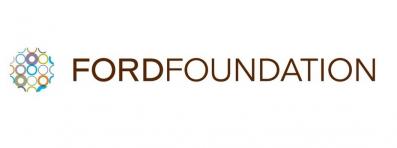
Ford Foundation
The Ford Foundation is an independent organization working to address inequality and build a future grounded in justice. For more than 85 years, it has supported visionaries on the frontlines of social change worldwide, guided by its mission to strengthen democratic values, reduce poverty and injustice, promote international cooperation, and advance human achievement. Today, with an endowment of $16 billion, the foundation has headquarters in New York and 10 regional offices across Africa, Asia, Latin America, and the Middle East.
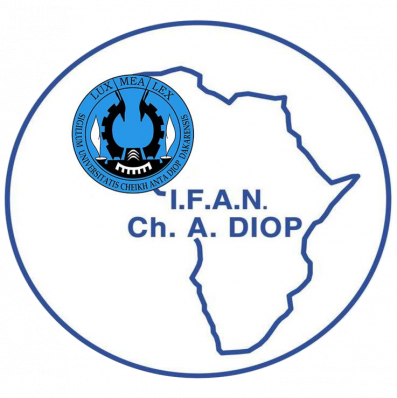
Musée Théodore Monod d’Art africain
The Théodore Monod Museum of African Art is located on the plateau, in the heart of Dakar. It includes two main neo-Sudanian and colonial style buildings, workshops and studios. The primary mission of the Théodore Monod Museum of African Art at IFAN Cheikh Anta Diop is to preserve and enhance the cultural heritage of Senegal and of Africa as a whole. As guardian of the collective memory of the cultures of Senegal and Africa, the Théodore Monod Museum of African Art aims to be a space of remembrance, dialogue and bringing people together. It celebrates difference and cultural diversity to stimulate understanding between peoples.
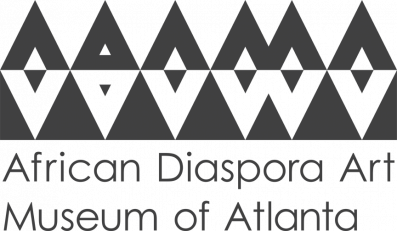
ADAMA
ADAMA (African Diaspora Art Museum of Atlanta) is an innovative museum showcasing contemporary art and culture of the African Diaspora. ADAMA amplifies the diverse voices of our global family through the creation of immersive experiences, cultivating shared learning, and facilitating meaningful points of connection.

AUC Art Collective
Housed within the Department of Art & Visual Culture at Spelman College, the Atlanta University Center Art History + Curatorial Studies Collective is an innovative program dedicated to future curators, art historians, museum professionals and artists. It aims to position the Atlanta University Center as the leading incubator of African American professionals in these fields.




